Whether you’re heading for the uber-cool neighborhoods of Berlin, or a lakeside village in the spectacular Black Forest, Germany certainly impresses on arrival. But wherever you’re moving in this vast country, there are a few things you can do during your first week to help you settle into your new home.
Indeed, those first few days in Germany can be something of a rollercoaster, even for the most seasoned expats. After all, knowing your way around everyday life in a new country can be challenging, whether it’s visiting your nearest German supermarket or knowing which bus takes you to the office. So, to ensure you start your new life right, here are 10 things you should do during your first week in Germany.
Spotahome
Looking for somewhere to rent in Germany? Spotahome takes the hassle out of househunting by doing the hard work for you. Their online platform lets you find, view, and book rental properties all from the comfort of your own home. Take the stress out of househunting in Germany with Spotahome.
1. Find your new German home
Okay, so you’ve touched down on German soil… what next? Well, unless you’re lucky enough to have accommodation sorted out ahead of time, you’ll probably need to find somewhere to live. Thankfully, there are plenty of options for new arrivals seeking shelter in Germany. For a short-term fix, you might want to consider either a serviced apartment or a holiday rental to tide you over. Many of Germany’s larger cities will have serviced apartment complexes that cater to the international crowd. However, in smaller towns, your best bet is short-term holiday lets, which you can easily find online. Websites for temporary accommodation include:

Looking for something a little more permanent? Then you’ll probably be thinking about renting a property in Germany. Typical rent prices vary significantly across the country, although you can expect to pay more in cities such as Stuttgart, Munich, and Frankfurt. If you’re thinking a little more long-term, though, you might want to consider buying a property in Germany. If this is an option, your best bet is to research the local online property portals ahead of time. This will give you a better idea of what to expect before you contact an estate agent to help you with the process.
2. Register with the local authorities
As is the case in many European countries, all residents in Germany are required to register at their address (Anmelden) if they are planning to stay in the country for longer than three months. This includes citizens from other EU/EEA member states who are relocating to the country. By law, you must register at your address at a local citizen’s office (Bürgeramt) within 14 days of moving into a new home, or face a fine of up to €1,000. However, in practice, appointments at the Bürgeramt can be hard to come by, especially in the bigger cities. While you should be able to avoid a fine even if you fail to get an appointment within the two-week window, it’s best to register as soon as possible.
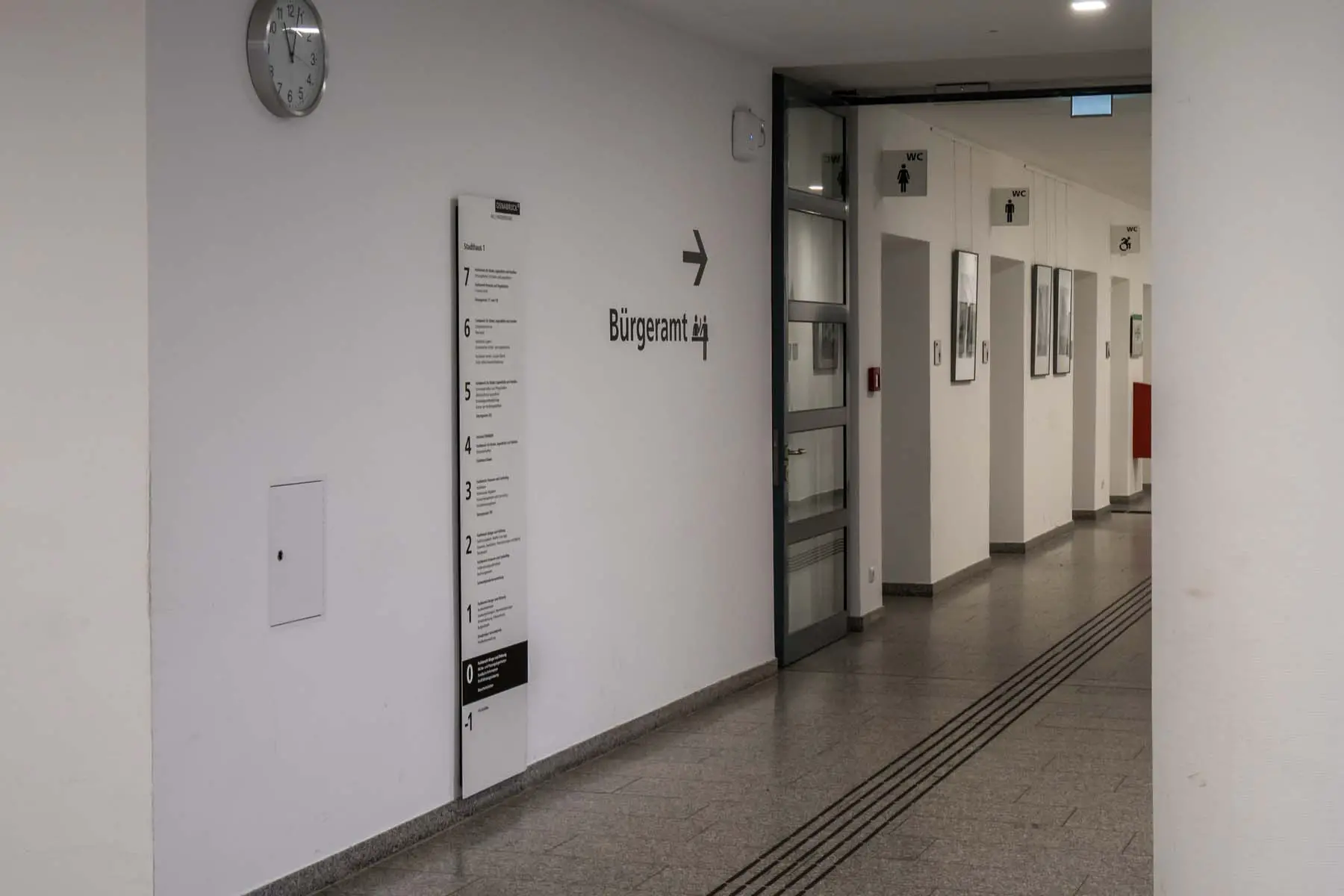
The registration process (Anmeldung) can be a baptism of fire into the world of German bureaucracy. However, stick with it because you’ll need your registration certificate (Meldebescheinigung) for many aspects of your new life in Germany. This includes opening a bank account and getting a German SIM card. You’ll also need the originals of certain documents to sign up, including valid ID, completed Anmeldung form, and proof of residence (Wohnungsgeberbestätigung). The process is free, but you’ll probably need to brush up on your German beforehand. You’ll also need an appointment unless you want to wait hours at the Bürgeramt only to then be turned away for not having one.
3. Sign up for health insurance
New arrivals will be pleased to know that Germany has an excellent healthcare system. If you’re planning to stay in the country for the long term, then you’ll need to sign up for the local health insurance system. There are two options for this: the public healthcare system (Gesetzliche Krankenversicherung or GKV), or the private healthcare system (Private Krankenversicherung, or PKV). Some new arrivals sign up with a provider in the public system. However, depending on their eligibility, many expats choose a private health insurance provider, including:
For more information, read our guide to health insurance in Germany.

However, it’s not only health insurance that you’ll need to consider during your first week in Germany. There are plenty of other insurance products that you might need to protect yourself and your possessions. For example, if you are planning to drive in Germany, then you’ll need to buy car insurance. You’ll also need cover for your new German home, whether that’s building insurance or home contents cover. Depending on your circumstances, there are other insurance policies you may need too. To give you an idea, take a look at our guide to insurance in Germany.
4. Open a German bank account
You can make your new life that little bit easier during your first week in Germany by opening a German bank account. Whether you’re setting up an account with your energy provider, or receiving your first paycheck from your brand new job in Germany, having a local account will make things a lot simpler. It will also make exploring your new home easier; whether you’re treating new friends at the Biergarten, or taking the kids to see your local handball team in action.
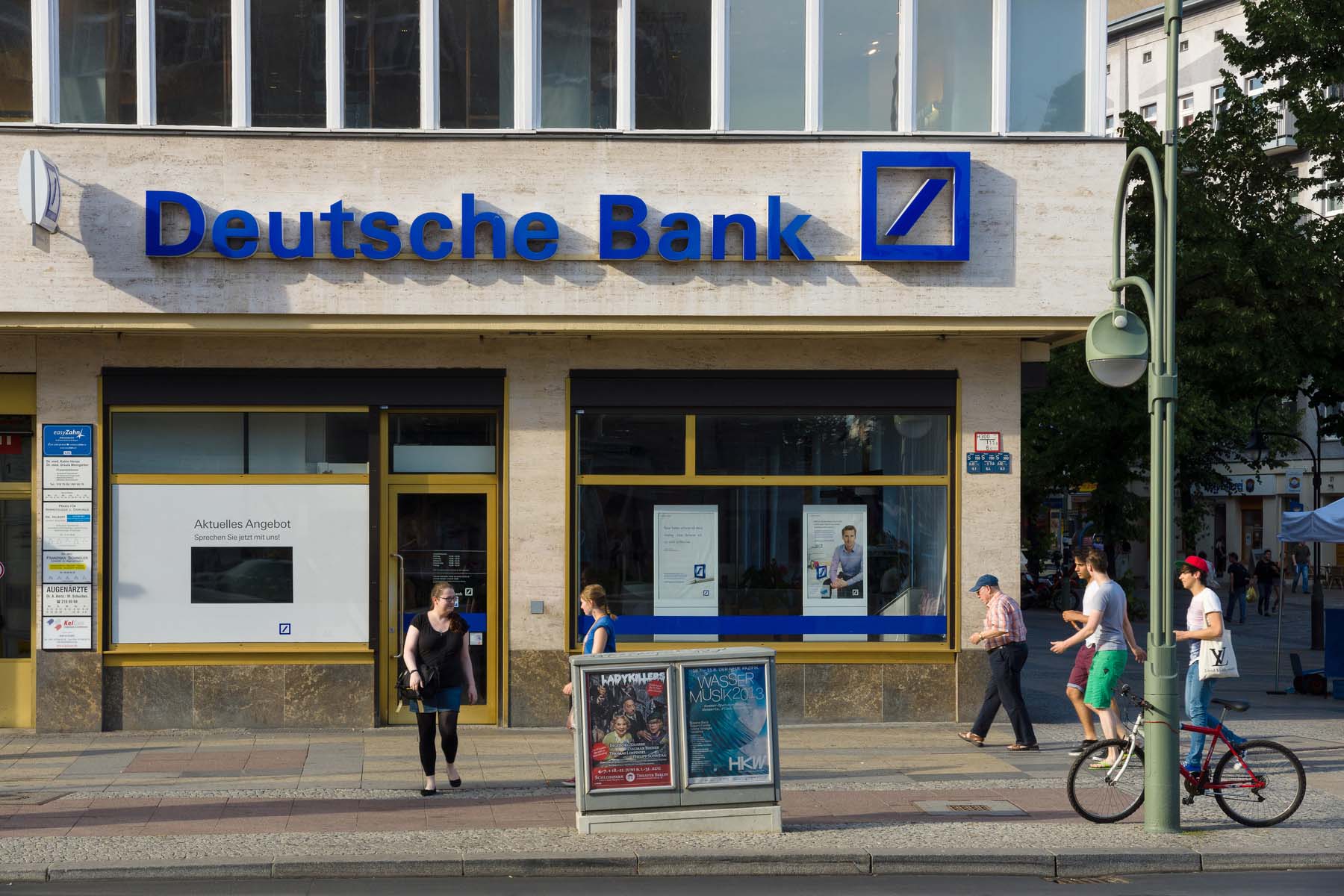
As you might expect from a country as big as Germany, there are a number of banking options for new arrivals. Major banks in Germany include HSBC, Deutsche Bank, and Berliner Sparkasse. The quickest way to open an account is by visiting your local branch, although again, you may need to brush up on your German. Another option for expats is mobile banking. These usually offer easier sign-up processes, typically online and in English. Mobile banks in Germany include:
If you need to transfer money from back home, then money transfer platforms such as CurrencyFair and Wise can also help.
5. Get a German SIM card
Looking for the cheapest and easiest way to keep in touch with friends and family in Germany and back home? Or perhaps you’re starting your own business in Germany and need to be contactable? Whatever your reason, getting a German SIM card can make a huge difference to your new life. This is especially true if you are arriving from a non-EU country and your home operator doesn’t offer free roaming. There are two ways to get a German mobile number: buy a prepaid SIM card or sign up for a mobile contract. However, you’ll need to choose the right option for your usage.
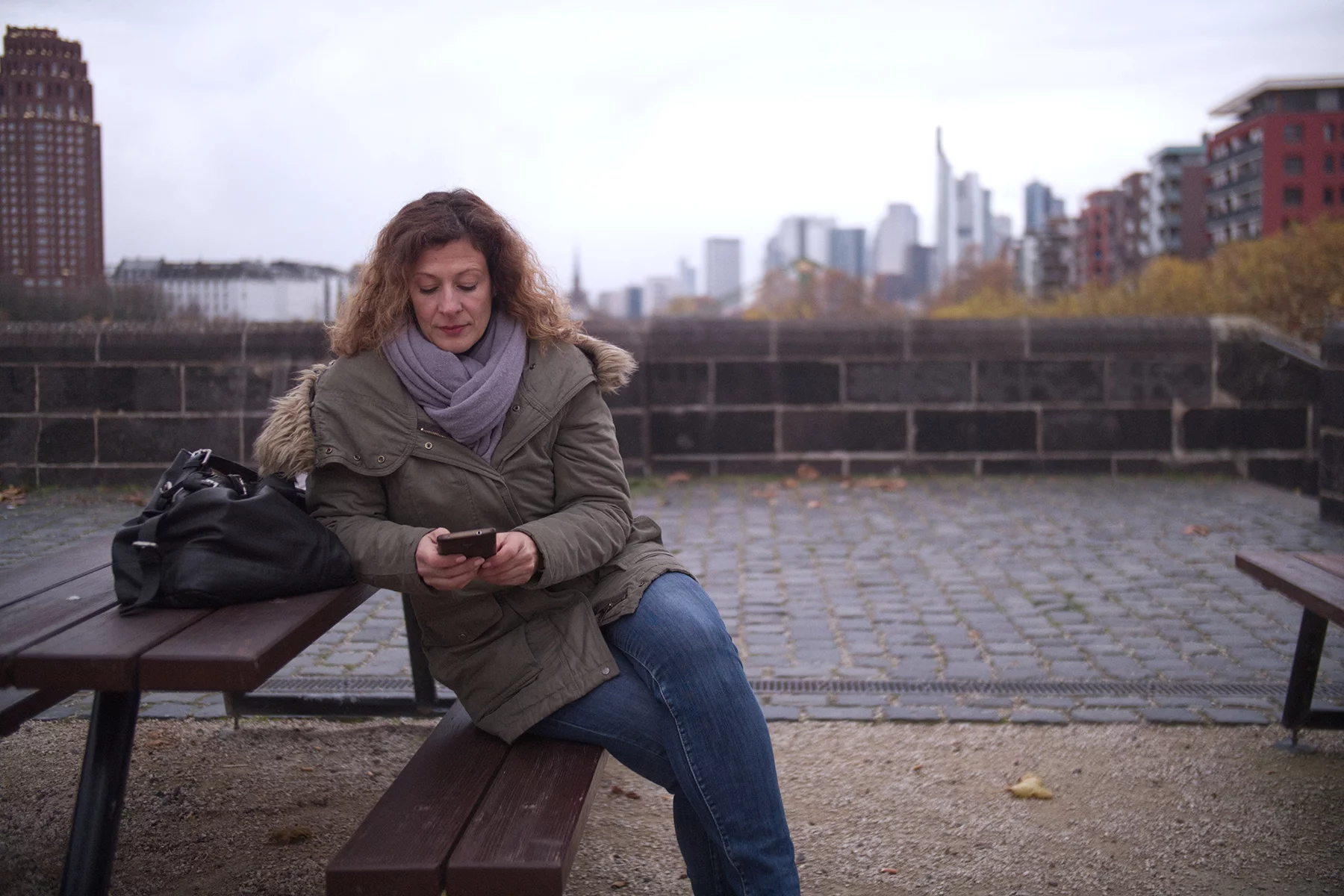
When you arrive in Germany, you’ll quickly discover just how competitive the local mobile phone (handy) market is. Indeed, all these choices can seem overwhelming at first. However, it won’t take you long to understand your options and find the right operator for you. German mobile operators include:
Whichever network you choose, be sure to download these top 10 must-have German apps during your first week in Germany.
6. Find a job
Unless you’re lucky enough to already have a job secured before you arrive in the country, it’s likely that finding a job will be high on your list of things to do during your first week in Germany. As you might expect in a country as vast as Germany, the job market can fluctuate significantly between cities and regions, and this may impact where you choose to live. For example, Frankfurt is the country’s financial center, while Munich and Stuttgart both have large engineering and technology sectors. Therefore, do your research ahead of time to give yourself the best chance of finding your dream job.
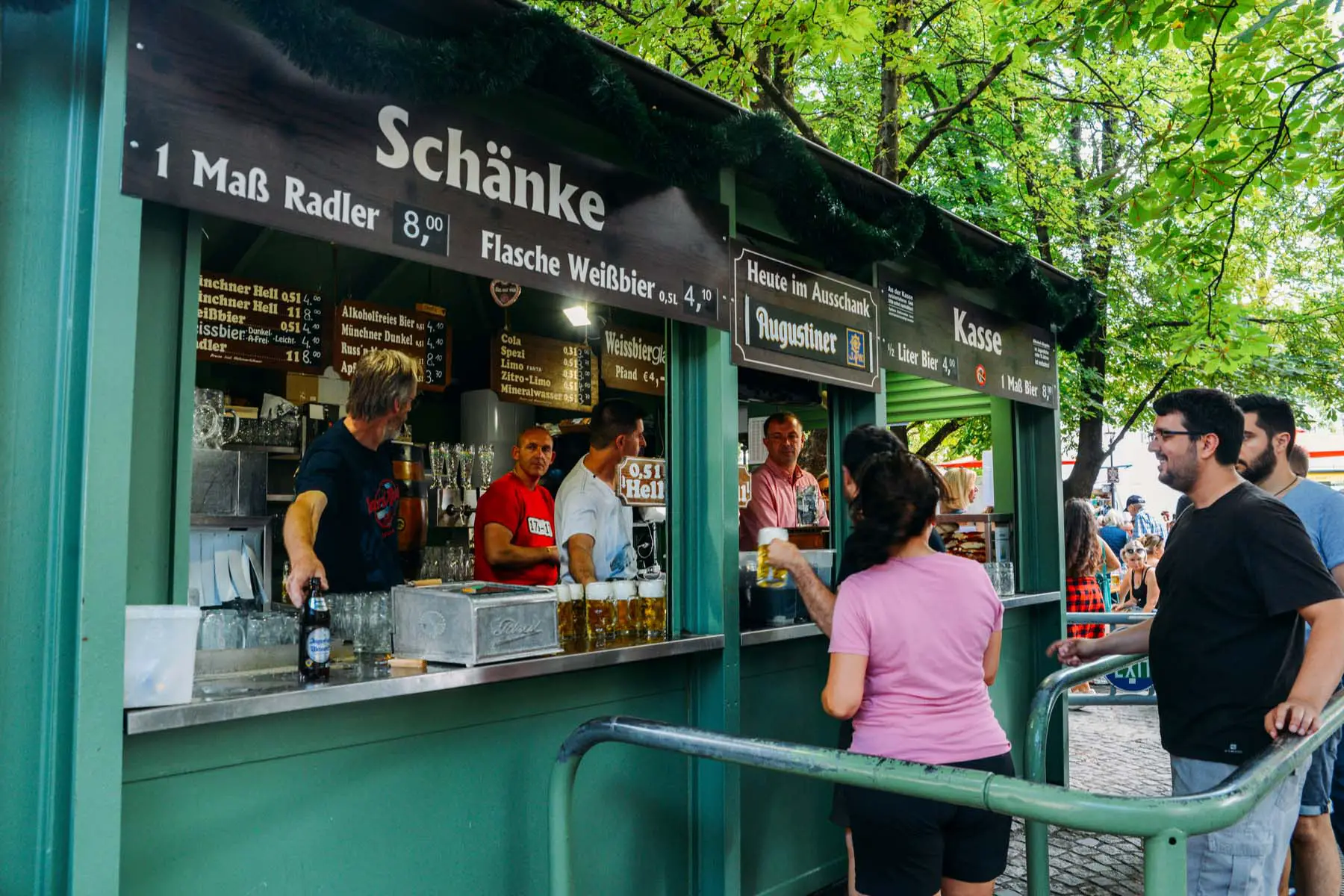
Wherever you end up, though, it’s best to start the job hunting process during your first week in Germany. There are plenty of ways you can help make the process as smooth as possible, too. For example, it’s always a good idea to tailor your resume to the local German job market. You should also look at some of the online job boards to see what the market is like, such as the Expatica jobs board. For more information, take a look at our guide to finding a job in Germany.
7. Sort out your transport
One of the first things you’ll need to do during your first week in Germany is working out how you want to get from A to B. Thankfully, you have a whole host of transport options in Germany, although the best mode for you will largely depend on where you live in the country. For example, in larger towns and cities, you’ll find that local German public transit gets you everywhere you need to be with a choice of trams, metros, and buses. You’ll also be able to just pedal power too, as many cities provide good (and improving) cycle networks. And if you want to test the waters on two wheels, many cities have bike hire schemes.
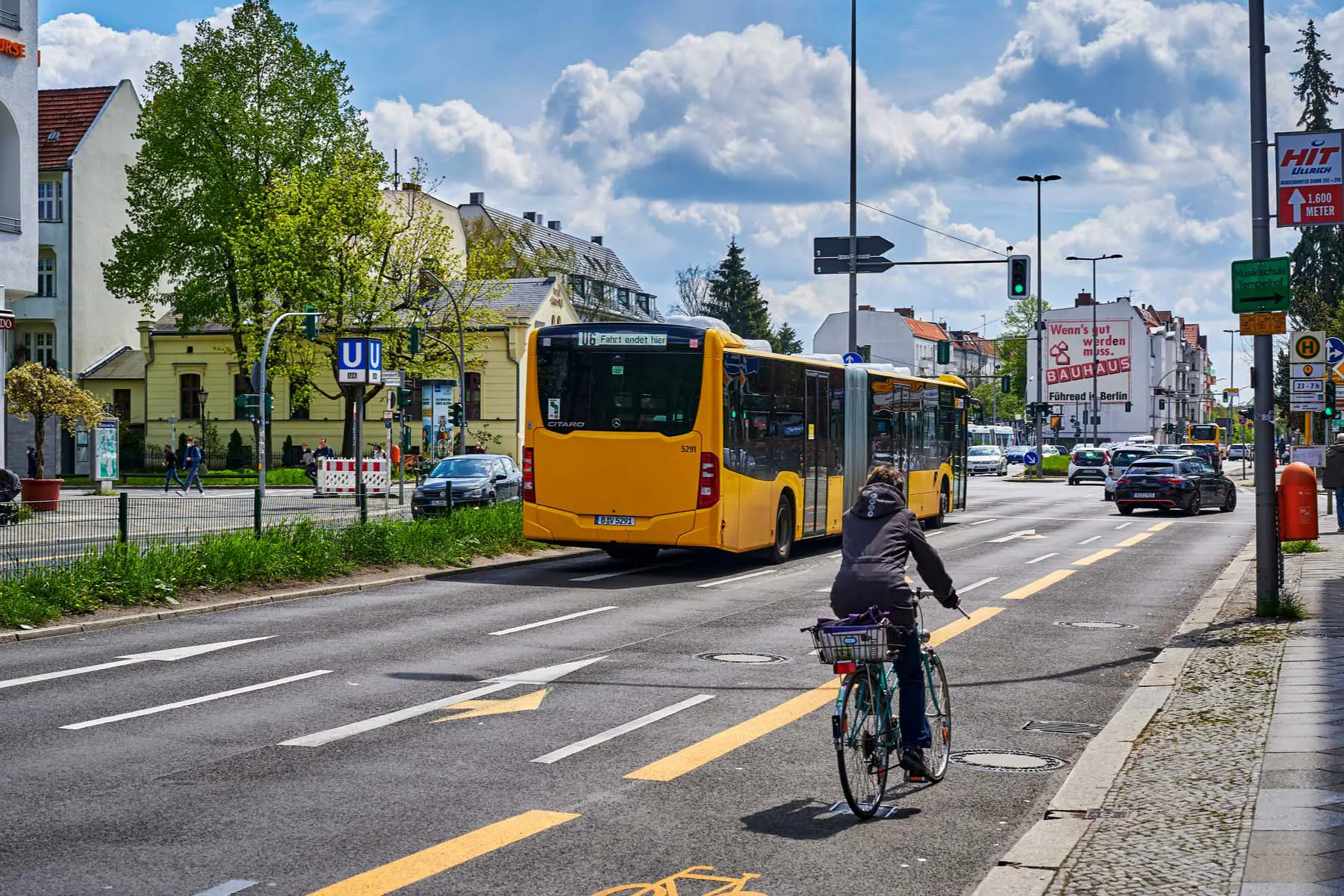
That said, some new arrivals will need four wheels to get around Germany; especially if they have young children, or are living in more rural areas with fewer public transit connections. If you plan to get behind the wheel, make sure you read our guide to driving in Germany. If you are from the EU/EEA, you will be able to use your existing license rather than getting a German driver’s license. However, if you are planning to stay for a while, then you should exchange it for a local one. If you’re driving in Germany, be sure to have the right car insurance cover too to give you protection on the road.
8. Get your new home connected
If you’ve found your dream house in Germany, then you’ll need to sort out all the necessary connections to turn it into your new home. First on your list should be setting up your German utilities, including electricity and gas. German energy companies include:
You’ll also need to set up an account with your local water provider. Depending on the property, some rental homes will already have these connections sorted. However, many will not. If you’re looking for a flatshare, you will likely need to split utility costs with your housemates too.

Once you’ve got electricity, you’ll need to set up other connections at home, such as internet and home phone. Thankfully, when it comes to getting online in Germany, there are plenty of options. German internet providers include:
These providers also offer TV packages, giving you a choice of the biggest channels on German TV, whether you enjoy movies, live sport, or music. It pays to do your research so that you get the channel package that’s right you for and your family; for example, if you’re looking for international channels from Europe or beyond.
9. Enroll the kids in school
If you’re moving with children, the process of finding them a school to attend presents a whole other challenge in your first week in Germany. You can make this a little easier for yourself by researching the German education system ahead of time and working out what type of schooling you want for your kids. If you’ve decided to enroll them at a local German public school, then contact your local municipality as soon as possible to help make the process run as smoothly as possible. A public school is not only the cheapest option when it comes to schools in Germany, but it also offers children a great way to integrate into local culture.

That said, many international families prefer to enroll their little ones at an international school in Germany. These schools typically offer more international education options, such as International GCSEs and the International Baccalaureate (IB). If your kids aren’t quite old enough for school, though, then your first week in Germany will probably be spent looking for childcare options. You’ll find international daycare centers in certain cities, but places can fill up quickly so start your search early. If you’re looking for language lessons, you can also find out more in our guide to learning German in Germany.
10. Get out there and explore Germany
You’ll probably only move to Germany once, so it’s essential that you get out and enjoy it during that all-important first week. If everything else on this list seems a little like hard work, then give yourself some time to explore the lighter side of life in Germany. And there’s plenty to see and do. From heading out to check out your nearest fairy tale castle, to simply wandering around your local neighborhood in search of your new favorite Biergarten, kebab shop, or currywurst stand, you definitely won’t be bored.

If you’ve relocated to the beautiful city of Munich, then be sure to check out the locals catching waves at the Eisbach, a popular local surf spot in the Englisher Garten. In Berlin, meanwhile, you can dive into the history of your new home at the German Historical Museum or the Jewish Museum Berlin. And if you’re sports mad, you can try and get tickets for the football or handball and cheer on your local team. Depending on the weather, you might also want to head up into the hills for some sumptuous summer hiking or wintry fun on the pistes. In short, whatever you’re into, Germany has it in spades, so get out there and enjoy it!




